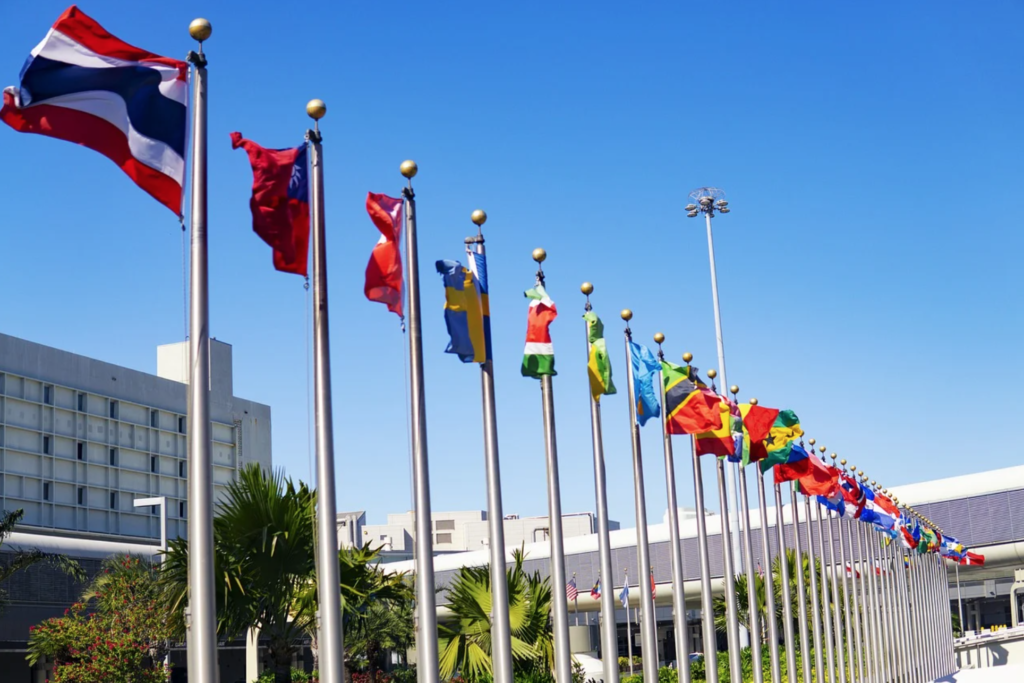Since taking office, President Biden has prioritized the return of the United States to the world stage and strengthening alliances. Confirming the president’s newly minted U.N. Ambassador, Linda Thomas-Greenfield, was a critical first step to show that America is indeed back at the table. But now the hard work at the United Nations begins and the first priority needs to be paying our $1.1 billion in overdue bills to the U.N.
That money is owed to other nations, mainly for peacekeeping missions that America supports. In fact, in 2014, then Vice President Biden chaired the inaugural U.N. Peacekeeping Summit where he stressed that “men and women sometimes from halfway around the world risk their lives to protect peace.” Similarly, during his tenure in the Senate, Biden cautioned against shortchanging peacekeeping. The U.S. supports these missions with U.N. votes, so, “our financial support should be in harmony with our policy,” he said.
We agree with President Biden. Over the last four years, a significant portion of U.S. financial obligations to the U.N. went unpaid. The American withholdings affected all parts of the U.N. system, especially peacekeeping, where unpaid U.S. commitments now top $1 billion. The U.N. has pooled funds and delayed reimbursing nations that send troops, but the financial strain is undermining the ability of blue helmets to keep the peace.
Read the full op-ed in the Hill




